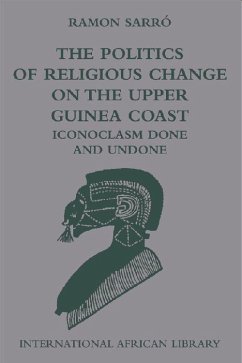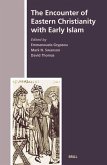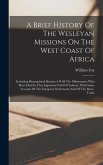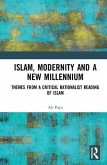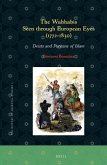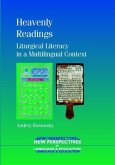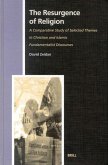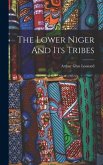This book is an account of the circumstances that led to a Muslim religious movement on the Guinea coast and its legacies in today's Republic of Guinea. This book focuses on the political and religious changes that West Africa experienced and their impact on the continent's disrupted political and religious landscape.
The Politics of Religious Change on the Upper Guinea Coast offers an in-depth analysis of an iconoclastic religious movement initiated by a Muslim preacher among coastal Baga farmers in the French colonial period. With an ethnographic approach that listens as carefully to those who suffered iconoclastic violence as to those who wanted to 'get rid of custom', this work discusses the extent to which iconoclasm produces a rupture of religious knowledge and identity, and analyses its relevance in the making of modern nations and citizens. The book will appeal to a wide range of readers, particularly those with an interest in the anthropology of religion, iconoclasm, the history and anthropology of West Africa, or the politics of heritage. *This book examines the historical complexity of the interface between Islam, tradition religions and Christianity in west Africa, and how this interface links with dramatic political changes *It gives a detailed ethnographic approach through which such complex history is unveiled and analysed *It presents a dialogue between the field findings, a long tradition of anthropology and the most recent anthropological debates
The Politics of Religious Change on the Upper Guinea Coast offers an in-depth analysis of an iconoclastic religious movement initiated by a Muslim preacher among coastal Baga farmers in the French colonial period. With an ethnographic approach that listens as carefully to those who suffered iconoclastic violence as to those who wanted to 'get rid of custom', this work discusses the extent to which iconoclasm produces a rupture of religious knowledge and identity, and analyses its relevance in the making of modern nations and citizens. The book will appeal to a wide range of readers, particularly those with an interest in the anthropology of religion, iconoclasm, the history and anthropology of West Africa, or the politics of heritage. *This book examines the historical complexity of the interface between Islam, tradition religions and Christianity in west Africa, and how this interface links with dramatic political changes *It gives a detailed ethnographic approach through which such complex history is unveiled and analysed *It presents a dialogue between the field findings, a long tradition of anthropology and the most recent anthropological debates

